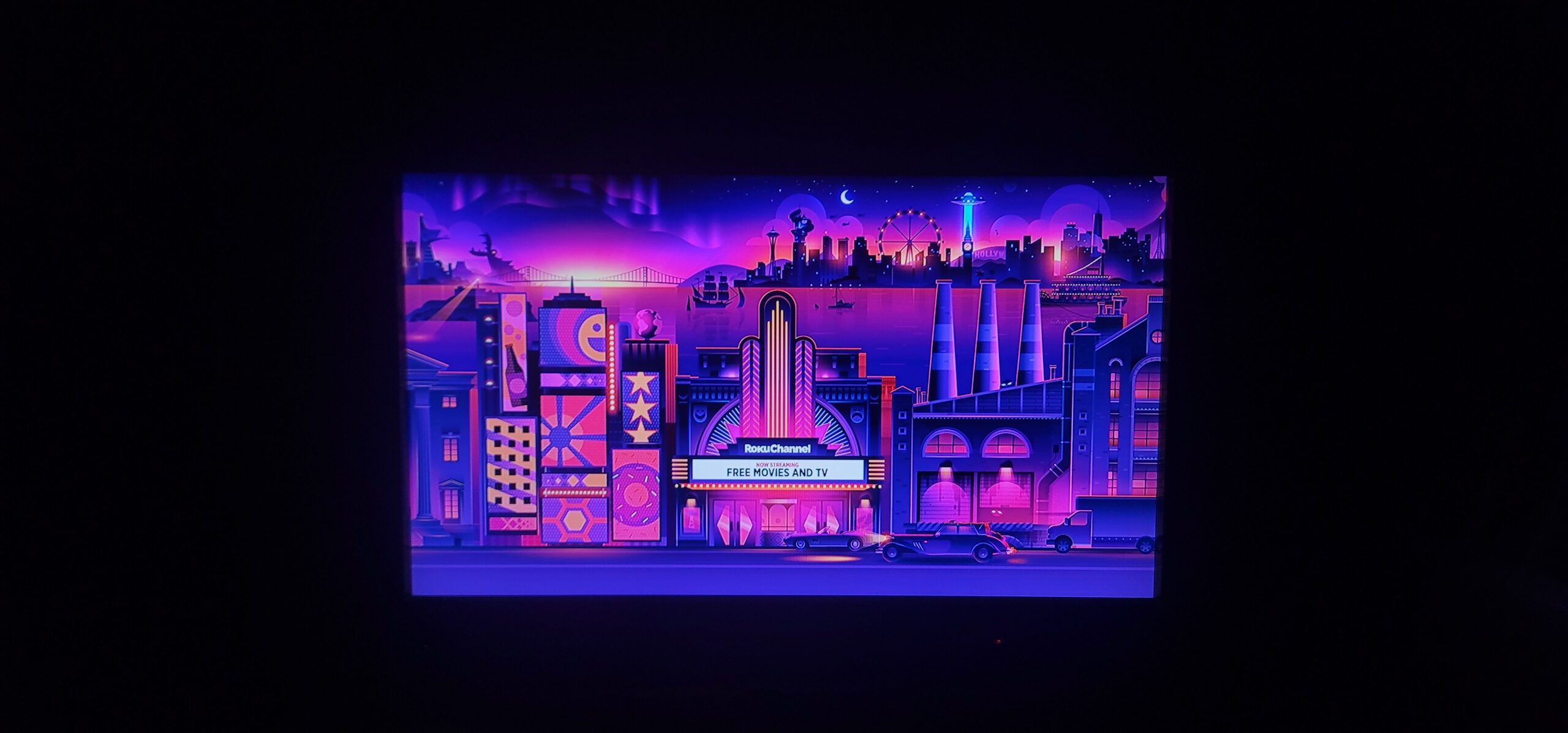Roku City On The Xavierite TV The Xavierite
I cannot stand “Stranger Things”, and it has nothing to do with the show itself.
The summer that season three came out, like the rest of the world, I was excited. Unlike the rest of the world, I did not have the energy to watch the entire season within a few days, especially when each episode ran over an hour.
But the show was all I heard about online. I got hit with post after post, including a few spoilers, and because of this I felt pressured to finish the season as quickly as possible.
I watched the last few episodes in a stupor, and walked away feeling underwhelmed. Because of this, and the long break between seasons, I lost all interest in the show. I couldn’t even finish Stranger Things 4 because it felt like a chore.
Binge culture is a plague upon visual media. It has only gotten worse with time, and I believe it’s become a bane to the existence of TV.
Not only does it hurt creativity, it ruins the social aspects of television as well.
Television functions very differently from film. Though they’re both visual mediums, they exist as two different institutions.
Films have less run time, but more impact. Meanwhile, TV shows have more longevity, which allows for more character development and experimentation.
I believe episodes of TV are best watched on a weekly basis. This way, the program can be a social topic, rather than a fleeting trend.
This year has seen the return of two series, Adult Swim’s newest hit “Smiling Friends” and critically acclaimed Hulu Original “The Bear”. The former enjoyed weekly releases, while the latter released all ten episodes of season three at once.
While “Smiling Friends” is fairly niche, it’s been a runaway success for the network, and was quickly greenlit for a third season.
Meanwhile, “The Bear” has been one of FX’s most successful shows, and has hit streaming hard with its realistic takes on fine dining, anxiety, and the city of Chicago.
Because “The Bear” is such an incredible series, when its third season released, there was some discussion over whether a show with so much merit should be constricted to the binge model.
Especially when other hits on Hulu, such as “Shogun” and “Abbott Elementary” were being released weekly, and remained relevant over months.
Binging destroys the core social element of television. The original idea was to let audiences watch a show at their own pace by releasing an entire season at once.
Though in practice, there will always be a group of people that watch the entire show in one or two sittings, and flock to the internet immediately to share their opinion.
Meanwhile, all the fans of said show, who may be too busy to watch it upon release, or who would rather watch it at a slower pace, will be forced to catch up quickly, lest they catch spoilers or fall out of touch with the community.
Take game shows for instance. Jeopardy has been an important part of TV culture for decades.
Part of the appeal is sitting down at the same time every day to watch the show, discussing clues, and watching a contestant’s streak develop across days and weeks.
If one could consume a season of Jeopardy in chunks rather than thirty minute pieces, it would take away from the excitement of each episode.
Binge culture also warps the business practices of media companies in negative ways.
Streaming services barely turn a profit as is, making the production of any content for said service a delicate gamble.
The company in question must produce shows and movies that appeal to as many subscribers as possible, so that they can not only grow viewership, but retain subscribers thus increasing profit.
Because binge culture has made it normal for certain series to have fast and overwhelming success over other programming, if a series can’t pull its weight within weeks of being released, it is quickly axed.
On paper this sounds correct. If no one is watching a show then it probably shouldn’t stay on air, but how many of your favorite shows were in their prime in their first season?
If “Friends” got canceled after its first season, fans could have never seen the development of Monica and Chandler’s relationship, one of the most notable parts of the later seasons.
And if “Cheers” never got to work through its highs and lows, Frasier Crane could have never spun off and made TV history.
Every season of “Breaking Bad” only gets better. But if the first couldn’t pull its weight? Some of TVs most impactful moments would fade into oblivion.
Television isn’t allowed to be organic anymore. The process of creation isn’t lost, but without a chance for that process to develop properly, there’s no progress made artistically.
If you aren’t America’s darling within days, then you’re dead on arrival. Doomed to fade into oblivion among a growing pile of non-binge worthy bodies.
Limited series provide some middle ground and excellent storytelling, but they lack commitment and proper investment into the world of a show.
Not even Marvel has the confidence to give a second season to some of their fan favorite characters.
Ultimately, the practice of binging lacks romance. Audiences don’t sit with what they’ve just watched, they just consume and forget. It’s unhealthy, unproductive, and kills the fun of watching shows in the first place.

